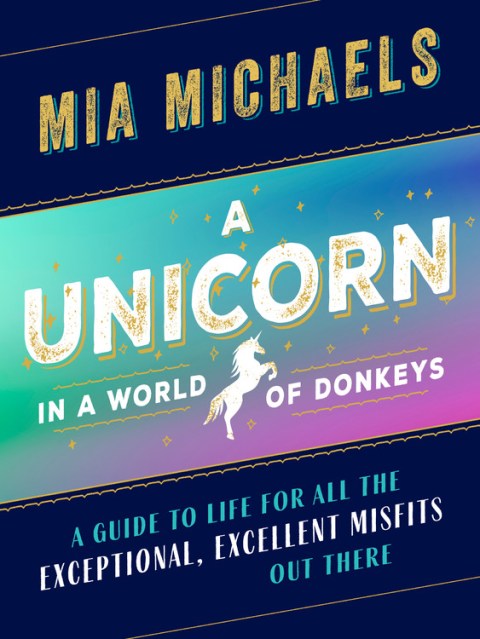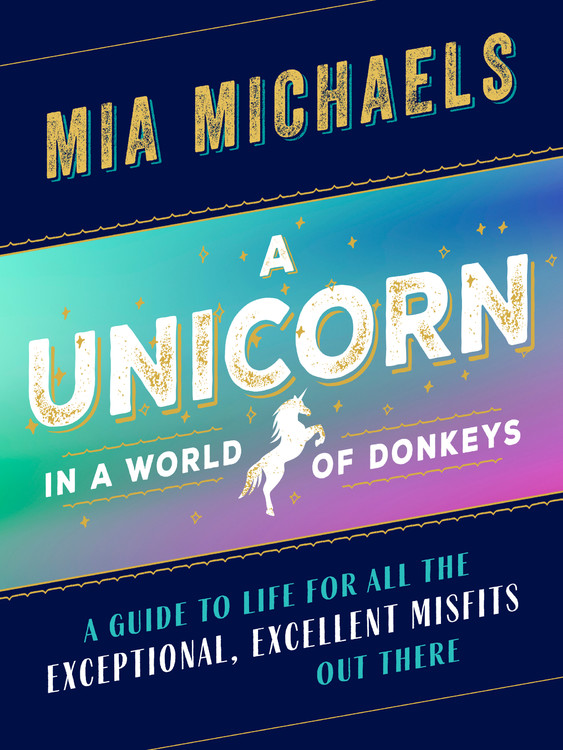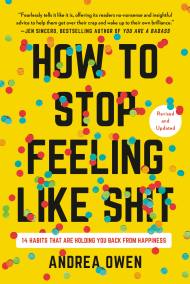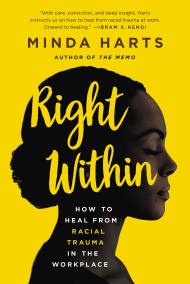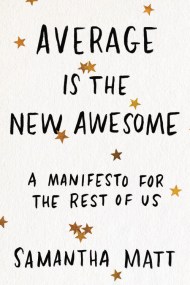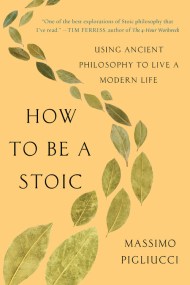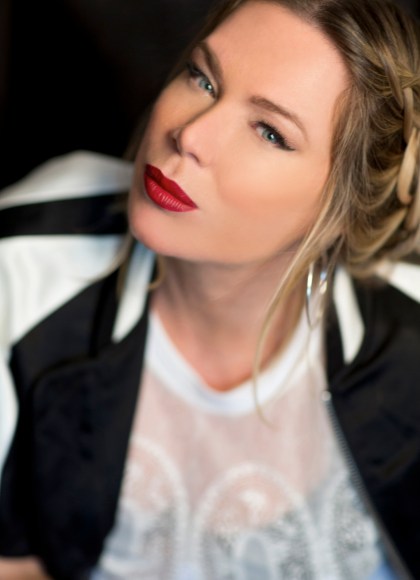By clicking “Accept,” you agree to the use of cookies and similar technologies on your device as set forth in our Cookie Policy and our Privacy Policy. Please note that certain cookies are essential for this website to function properly and do not require user consent to be deployed.
A Unicorn in a World of Donkeys
A Guide to Life for All the Exceptional, Excellent Misfits Out There
Contributors
By Mia Michaels
Formats and Prices
- On Sale
- May 1, 2018
- Page Count
- 224 pages
- Publisher
- Seal Press
- ISBN-13
- 9781580057721
Price
$27.00Price
$35.00 CADFormat
Format:
- Hardcover $27.00 $35.00 CAD
- ebook $13.99 $17.99 CAD
- Audiobook Download (Unabridged)
This item is a preorder. Your payment method will be charged immediately, and the product is expected to ship on or around May 1, 2018. This date is subject to change due to shipping delays beyond our control.
Buy from Other Retailers:
A Unicorn in a World of Donkeys offers a playbook for living a creative and authentic life. Using her own story as a launching spot, and creative quizzes, charts, and lists to engage the reader in an interactive journey, Mia Michaels explores the experience of the unicorn in a world of donkeys, a world where fitting in, pleasing others, following rules, and maintaining norms-no matter how messed up those norms are-is the only acceptable path. She acknowledges the struggles of the unicorn life-loneliness, ridicule, being misunderstood and undervalued-and goes on encourage readers to reframe the unicorn life the way she has, as essential to a life of brilliance.
-
"One word describes Mia Michaels . . . FEARLESS! Everything she touches goes beyond expectations. Which says a lot because the expectations on her are always high. Working with her was such a highlight of my career because I've always been such a fan. That fearlessness is perfectly translated into this book. C'mon, it's Mia, you already know that this book is going to be incredible before you even open the cover!"
--Matthew Morrison, TV star of Glee, actor, dancer, and singer-songwriter
-
"Mia embodies magic in her dance. It's no wonder she now runs with unicorns. Young artists, buy this book!"
--Kristin Chenoweth, Tony-winning actress and singer
-
"Mia is a force of nature! She has an infectious energy that inspires you to want to create with her."
--Heidi Klum, model, TV host, producer, fashion designer
-
"Mia Michaels's unique style, storytelling ability, and demand of excellence from her dancers makes her a standout in the field of choreography. She is a true, magical unicorn in a world of donkeys."
--Nigel Lythgoe, producer of American Idol and creator, executive producer, and judge on So You Think You Can Dance
-
"Entertaining and spirited, this no-nonsense guide will speak to those seeking to discover their true capabilities."Publishers Weekly
-
"Mamma Mia! We've missed having Mia's choreography on the 'SYT' stage every week. But this lovely opening routine was worth the wait. . . . Mia, you're a legend."
--Dance Spirit magazine
Newsletter Signup
By clicking ‘Sign Up,’ I acknowledge that I have read and agree to Hachette Book Group’s Privacy Policy and Terms of Use
